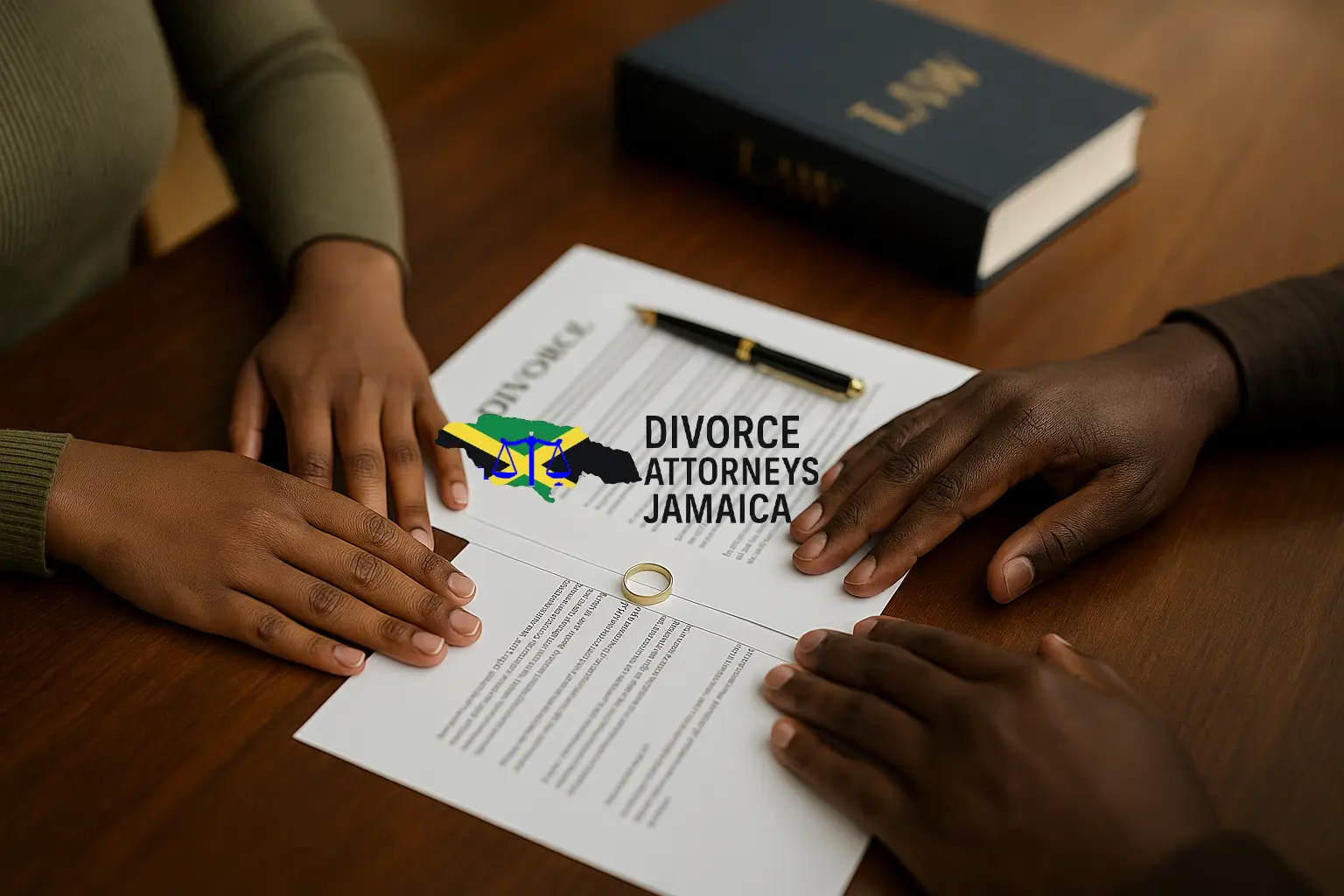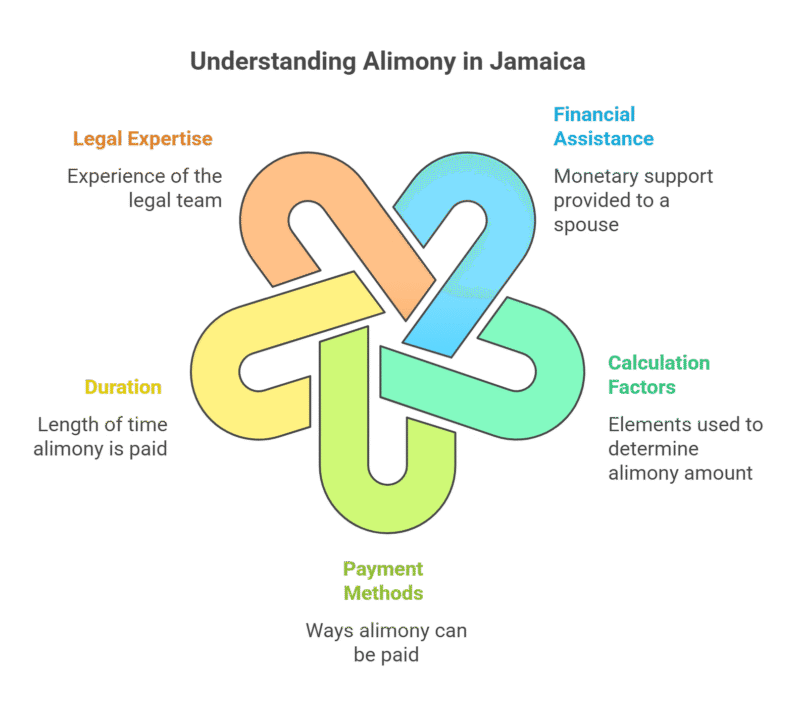
Spousal Support & Maintenance
The primary objective of spousal support is to mitigate any unfair economic impact on the financially weaker party, ensuring they can meet their reasonable needs and achieve stability post-dissolution. Navigating these provisions requires a clear understanding of Jamaica’s legal frameworks, including the Matrimonial Causes Act and the Maintenance Act, and a nuanced appreciation of how individual circumstances are assessed by the courts. For individuals seeking clarity and robust representation in these matters, expert legal counsel is indispensable for protecting one’s rights and achieving a fair outcome. Divorce Attorneys Jamaica is committed to guiding clients through these intricate processes.



